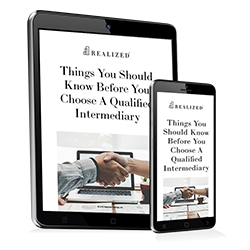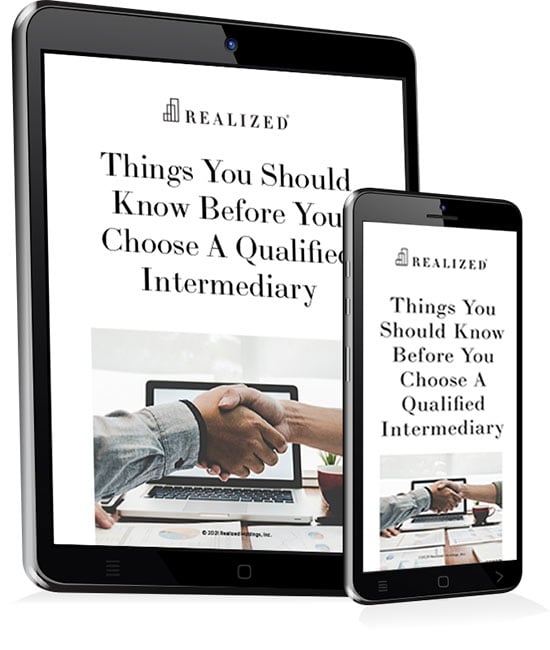
There is little doubt that the successful execution of a 1031 exchange involves a lot of moving parts. There are the various IRS deadlines, not to mention the rules and regulations involved with exchanging one like-kind property into another in an effort to defer capital gains taxes.
These moving parts require experienced individuals to ensure an effective exchange. Two such individuals are your 1031 exchange broker and qualified intermediary (QI). But the broker and the QI are not the same. They can’t be. This is because the broker and QI have separate roles. Furthermore, the IRS has specific rules as to who or what qualifies as an ideal qualified intermediary.
The Broker – Relinquishing and Replacing
Your 1031 exchange broker is in actuality your real estate broker. And a real estate broker is defined as an intermediary between yourself, the buyer(s), and seller(s) of real estate. These individuals typically work for commission; and the responsibility is to broker deals, find the right properties for you, and ensure that your specific goals and objectives are met.
Having said that, not just any real estate broker is necessarily qualified as a 1031 exchange broker. Brokers that operate within the realm of 1031 exchange activities should have experience in dealing with these types of transactions. For example, this broker should understand how to incorporate certain clauses in listing and purchase agreements. He or she should also be highly deadline-oriented; as has been mentioned in previous blogs, failure to adhere to deadlines can mean a disqualified exchange.
Even as your exchange broker should have knowledge and experience in this area, the one thing your broker cannot be is a qualified intermediary.
The QI – Administration, Paperwork, and Funds
Also known as an exchange “accommodator” or “facilitator,” the QI is responsible for ensuring that your exchange complies with rules set forward by the IRS. Furthermore, the QI takes control of your funds from the sale of your relinquished property until you close on the replacement property or properties. The QI is responsible for full facilitation of the entire exchange, and as a result, can’t have had any previous business or other dealings with you.
Because the QI needs to be a non-interested third party, regulations are fairly straightforward when it comes to QI requirements. Specifically, those disqualified from QI duties include your relatives and agents. An agent can be defined as an employee, investment banker, attorney, accountant, or CPA – or a real estate broker. As long as an individual has operated as your agent within two years ending on your relinquished property’s transfer date, they cannot be your qualified intermediary.
Because of this rule, your 1031 exchange broker is definitely ruled out as a potential QI.
Defining Your Team
The key to successful deferral of capital gains taxes through a 1031 exchange means you have to follow several rules and regulations. This includes being sure that the right people are hired for the right jobs. It also means understanding that in many cases, individuals on your team likely would not be allowed to take on more than one role.
This is definitely the case when it comes to your 1031 exchange broker and qualified intermediary. The function of each of these roles can’t be combined into one person. Keeping the brokerage and QI tasks throughout the process separate can help put you on the road to an effective exchange.



